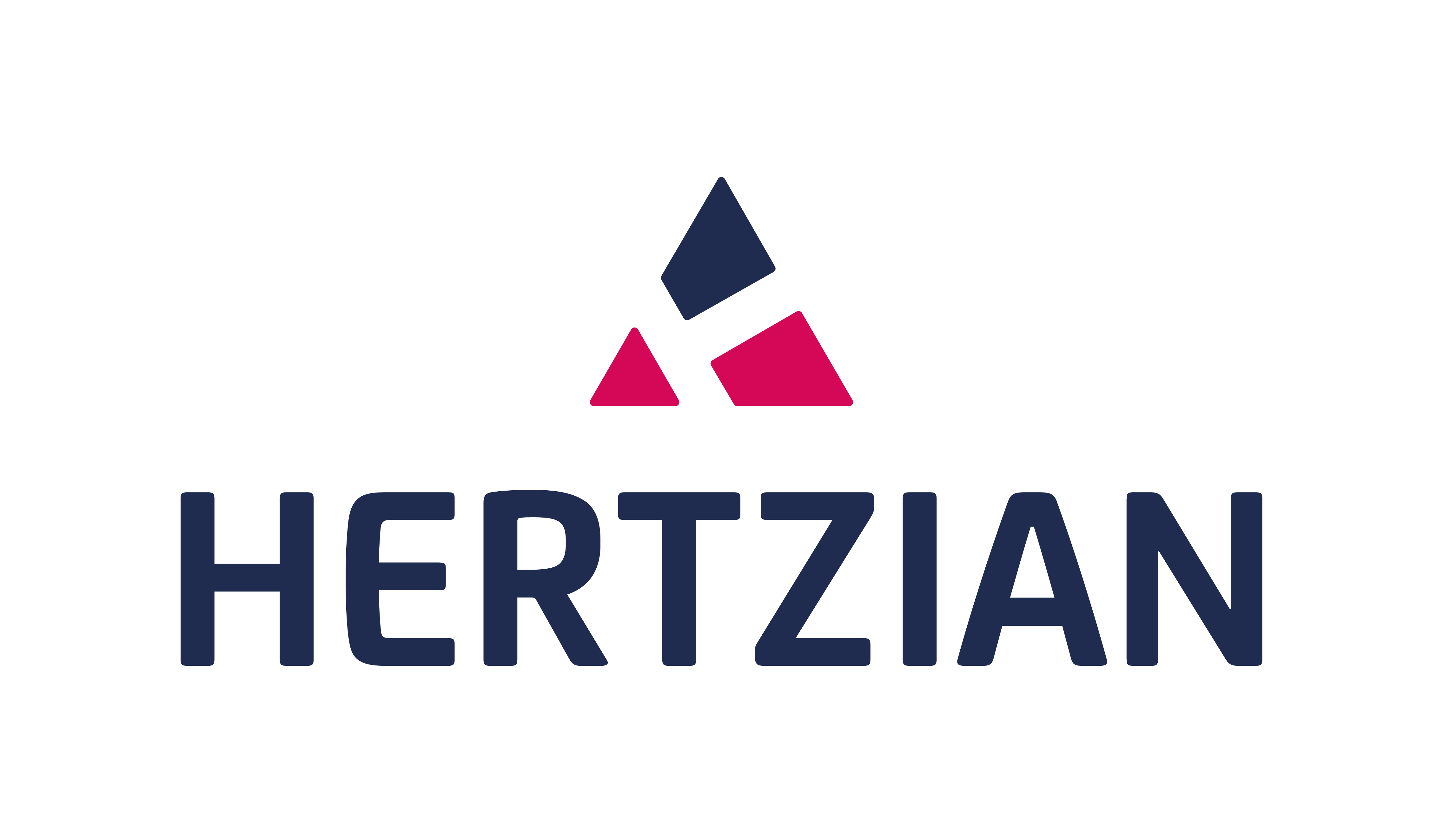
Hey! 👋
As a previous founder and Product Manager, I am a firm believer in ‘act fast, fail faster’ to ramp up innovation. However, when it comes to legal, this is an area where care needs to be taken. So, while AI has become an indispensable tool in our modern landscape, from enhancing customer experience to optimising operations, the legal ramifications and regulatory challenges need to be considered.
Legal Ramifications of AI
One of the most pressing issues surrounding AI is liability. Who is responsible when an AI-driven system makes a mistake or causes harm? This question lies at the heart of numerous legal debates and underscores the need for clear accountability mechanisms. Whether it's an autonomous vehicle accident or a medical diagnosis gone awry, navigating the complexities of liability in the age of AI poses significant challenges.
A poignant case study is what happened with this major airline:
Very recently, Air Canada was ordered to pay damages for its AI assistant chatbot giving misleading information. In February 2024, Jake Moffatt consulted Air Canada’s AI assistant chatbot about bereavement fees following his grandmother’s passing. The chatbot informed him that he could buy a regular ticket and apply for a bereavement discount within 90 days of purchase. However, when Moffatt submitted his refund claim, the airline turned him down stating that bereavement fares couldn’t be claimed post-purchase.
Moffatt took Air Canada to a tribunal in Canada, claiming that the airline was negligent and misrepresented information. Air Canada argued that it couldn’t be held liable for the information provided by its chatbot. The tribunal denied the argument, saying that the airline didn’t take ‘reasonable care to ensure its chatbot was accurate’, so the tribunal ordered the airline to refund the ticket difference and pay c.CA$650 in damages.
This is a clear example that businesses need have robust procedures in place to address any faults with AI results. So, if you want to find out more, the AI summit is a great place to start with an expert legal panel to discuss these issues and answer your questions.
Regulatory Challenges
Adapting existing laws to accommodate AI presents a formidable challenge. The pace of AI development often outstrips regulatory efforts, leaving gaps in oversight and accountability. As a result, policymakers must grapple with complex questions surrounding data privacy, algorithmic bias, and intellectual property rights. Crafting effective regulatory frameworks requires proactive engagement and interdisciplinary collaboration to ensure that AI advances responsibly and ethically.
Navigating the Legal Landscape
Despite the challenges, there are proactive steps that companies and policymakers can take to navigate the evolving legal landscape. Engaging with policymakers, investing in AI ethics research, and fostering interdisciplinary collaborations are essential strategies for addressing regulatory challenges effectively. By taking a proactive approach, we can shape regulatory frameworks that balance innovation with accountability, ensuring that AI serves the greater good.
I spoke to a regulation AI expert, who recommended that businesses look at their AI readiness, so here is a Tanuvi Top Tip, with a suggested framework:
Think about:

In 2017, The Economist declared that data, rather than oil, had become the world’s most valuable resource. Organisations across every industry have been investing, and continue to heavily invest, in data and analytics.
Therefore, as use of AI ramps up, there is a crossroads to be faced between AI and its legal regulation. The Hertzian AI Summit offers a unique opportunity to delve deeper into these critical discussions, explore innovative solutions, and collaborate with industry leaders and policymakers.
Written by Tanuvi Ethunandan
Product Manager at Hertzian